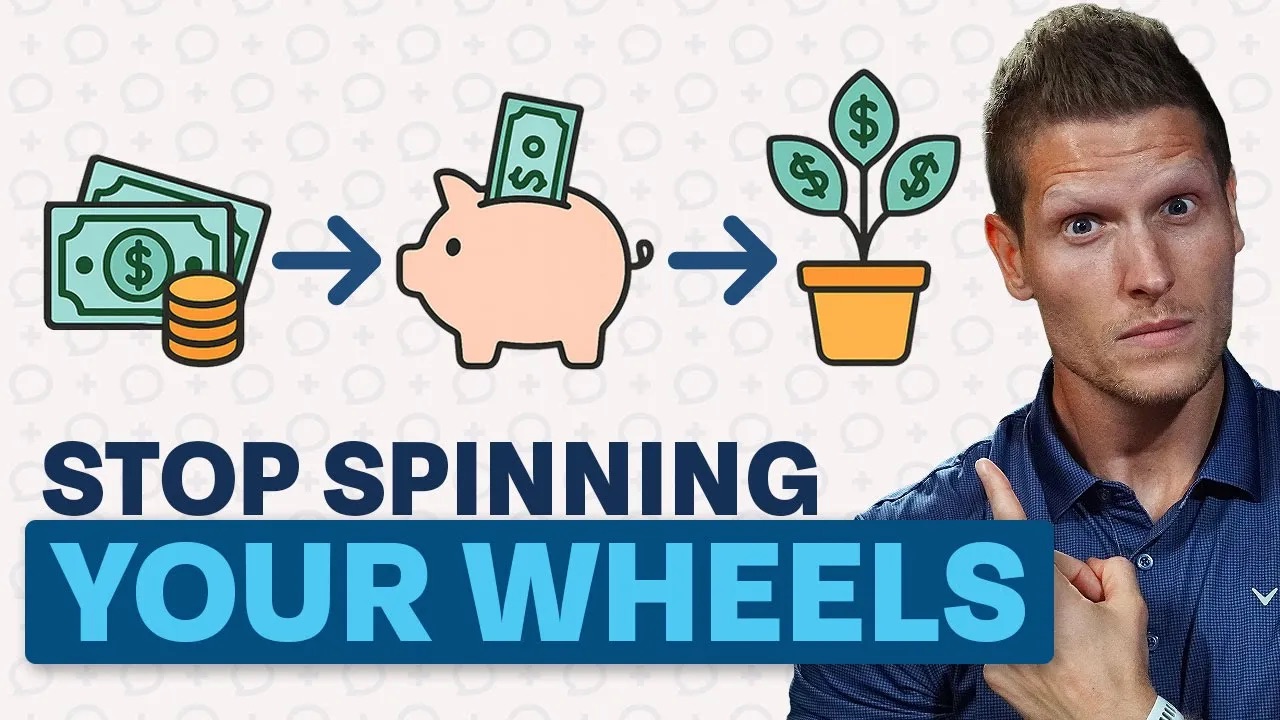
Do you ever worry about what will happen to your possessions if you pass away? What about your kids? It’s an unsettling thought and as much as we might not want to think about it, it’s a valid concern as no one will live forever.
It’s never too early to start thinking about the importance of wills and estate planning. As odd as that might sound, when you’re young and healthy is exactly when you want to be taking care of these essential items.
The sooner you start implementing this advice, the less you’ll have to worry down the road in case something does happen.
Creating a will and an estate plan not only gives you peace of mind, but your family as well. If you’re hesitant to think about this topic because it makes you uncomfortable, consider forging ahead for the sake of your loved ones.
No one wants to sort through a legal mess in the wake of a friend or family member passing away. Taking care of these things will lessen the burden on your family — and it will also ensure spouses, children, other beneficiaries, and your assets receive the protection you want to provide them.
Yes, You Do Need a Will and Estate Plan
Why are wills and estate planning important — even for younger generations?
Wills can help your loved ones plan a funeral for you, ensure your wishes are carried out in respect to your property, designate guardians for any minor children you have, and name the executor of your estate. And those are just a few reasons.
If you want to have control over how your assets are disbursed when you’re gone, as opposed to the government having that control, then you need to create a plan.
That’s because if you pass away without a will or estate plan, everything passes to probate court. A judge will decide what happens to your assets, your possessions, and even your children.
A will and estate plan gives you a say and keeps these issues out of the court system.
What’s an Estate Plan, Anyway?
“Estate planning” can be an odd term. Many people hear it and immediately dismiss the idea of needing an estate plan simply because they don’t think they have an “estate.”
But if you have any assets whatsoever, you have an estate. And you probably possess more assets than you think, particularly if you’re younger. Owning a car, a home, a business, or other valuable belongings counts!
Additionally, if you have investment accounts, a life insurance policy, or any retirement accounts — those are also considered part of your estate.
Again, without your explicit instructions, the issue of who gets what is taken to the court via probate. It tends to be a long process, and puts your family through more stress than needed.
It’s crucial that you make sure your wishes are able to be carried out, and that’s where estate planning comes into play.
Estate Planning When Children Are Involved
Your biggest worry when it comes to estate planning might be your children, and for good reason. If you and your spouse or partner were to both pass away, who would raise them?
Chances are, you don’t want just anyone taking that responsibility. But if you fail to designate guardians in your estate plan, your children are going to go through that stressful probate process.
No one wants that to happen, and it’s a major reason why you should consider creating a will. And don’t forget — it’s important to ensure the people you choose as would-be guardians are actually willing to take this responsibility on.
It’s not a decision that either party should take lightly.
Take the Time to Plan Properly
When it comes to your will and estate plan, they need to adhere to specific state laws. For this reason, work with a legal expert in your area — don’t try to skimp on costs and cut corners by using a fill-in-the-blank form found online.
Any errors could result in it being contested in court. Get it done and reviewed by a professional, with witnesses and all.
What About Trusts?
For some folks, a will by itself won’t be enough. You may want to consider a trust.
Opening a trust will allow you to specifically designate how your assets will be used in the event of your passing, especially when children under 25 are involved.
Let’s say you wanted to leave $40,000 to one of your children, but you want them to use it only for their education. If you don’t specify that, there are no restrictions on the use of this inheritance.
The purpose of a trust is to ensure any assets you leave your family are being used how you intended them to be used. Additionally, trusts can remain private and don’t have to go through probate, which simplifies the process and makes it less painful for your family.
There are a few different kinds to consider:
- A revocable trust is a living trust. You have control over it while you’re alive. You can designate a beneficiary to receive the funds from the trust once you pass away. This is subject to estate taxes.
- An irrevocable trust lessens the chances of your estate being taxed, but you’ll lose control over the trust once you execute it. The terms can’t be changed and the trust can’t be dissolved (hence, irrevocable).
There are a lot of different elements at play with estate planning, but you shouldn’t let that overwhelm you or prevent you from creating a plan today. Consult with a trusted professional to protect your family, your assets, and your wishes for what happens to your property.
No, this isn’t a fun topic to discuss. But it’s important to understand why you need a will and estate plan.
These documents protect your loved ones and the assets you’ve worked hard to establish.













